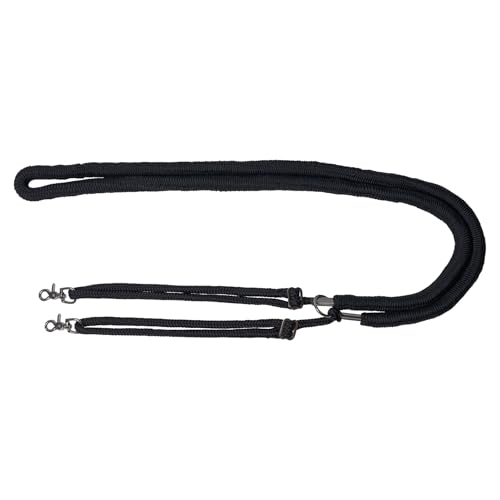Shari
Well-Known Member
I am specifically concerned with the relatively new class of herbicides called ‘pyridine-carboxylic acids.
They are typically designed for use in hayfields, horse pastures, golf courses, right-of-ways, and lawns to kill off unwanted weeds and to remain effective for several months to years.
These herbicides do not impact grasses.
There are a number of compounds that fall into the category of persistent herbicides.
The most prevalent are Clopyralid (Dow Agrosciences), Aminopyralid (Dow Agrosciences, 2005),
Aminocyclopyrachlor (DuPont, 2010), and Picloram (Dow Agrosciences).
Less prevalent compounds in the same class include fluroxypyr, dopyralid, and triclopyr.
Many of these compounds appear on labels in slightly different variations making identification by the untrained applicator or a testing lab difficult.
Many hay sources had used Grazon, specifically, a trade name for a product containing Picloram.
It can take 3 or more years to break down in a manure pile... just imagine what it could be doing to your horse or livestock.
If you use this manure in your garden, it will stunt or kill your Vegetables. I have lost a couple of trees using the manure from my horses, and I have a number of others,
doing very poorly. Is a spendy lesson.
I know this first hand, took me 3 years and watching the Greener World a couple of months ago, to figure out what was going on.
I was pouring good looking hay into my horses, only to see them loose weight.
Loose stools for no apparent reason, on one of them.
Vet (now past Vet, won't use her any more) couldn't figure out what was going on. I had never dealt with this issue before.
So I changed my hay source, my Grey mare is back to normal weight and having no more issues. Everyone is looking and feeling better.
If you have a poor do-er in your pasture, or your garden is stunted or dying off, look to the source of your hay.
(I hayed my Old place in Oregon, never used any thing on it,, horses were fat and happy and my plants and Veggies thrived in their manure)
They are typically designed for use in hayfields, horse pastures, golf courses, right-of-ways, and lawns to kill off unwanted weeds and to remain effective for several months to years.
These herbicides do not impact grasses.
There are a number of compounds that fall into the category of persistent herbicides.
The most prevalent are Clopyralid (Dow Agrosciences), Aminopyralid (Dow Agrosciences, 2005),
Aminocyclopyrachlor (DuPont, 2010), and Picloram (Dow Agrosciences).
Less prevalent compounds in the same class include fluroxypyr, dopyralid, and triclopyr.
Many of these compounds appear on labels in slightly different variations making identification by the untrained applicator or a testing lab difficult.
Many hay sources had used Grazon, specifically, a trade name for a product containing Picloram.
It can take 3 or more years to break down in a manure pile... just imagine what it could be doing to your horse or livestock.
If you use this manure in your garden, it will stunt or kill your Vegetables. I have lost a couple of trees using the manure from my horses, and I have a number of others,
doing very poorly. Is a spendy lesson.
I know this first hand, took me 3 years and watching the Greener World a couple of months ago, to figure out what was going on.
I was pouring good looking hay into my horses, only to see them loose weight.
Loose stools for no apparent reason, on one of them.
Vet (now past Vet, won't use her any more) couldn't figure out what was going on. I had never dealt with this issue before.
So I changed my hay source, my Grey mare is back to normal weight and having no more issues. Everyone is looking and feeling better.
If you have a poor do-er in your pasture, or your garden is stunted or dying off, look to the source of your hay.
(I hayed my Old place in Oregon, never used any thing on it,, horses were fat and happy and my plants and Veggies thrived in their manure)
Last edited by a moderator:

























